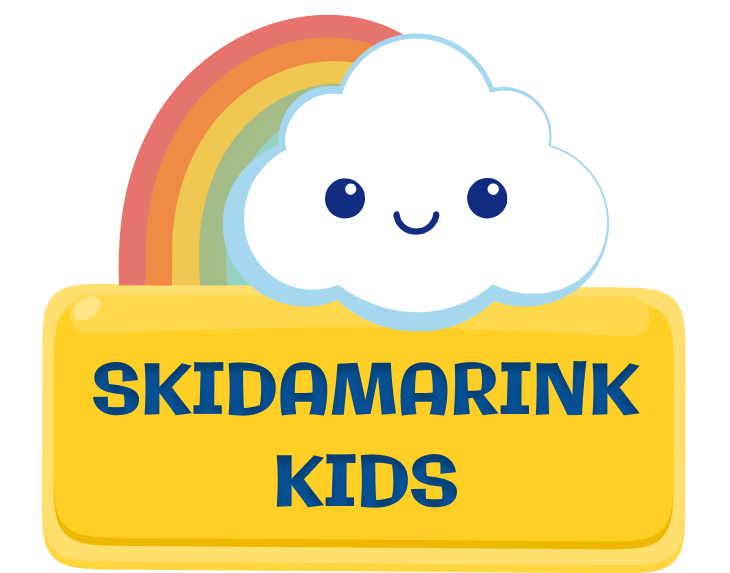Is Your Baby or Toddler’s Speech Development on Track?
As a first-time parent, watching your baby or toddler develop speech and language skills is both exciting and sometimes worrying. Recognizing potential speech delays early in the first three years can make a significant difference in your child’s communication journey. Every child develops at their own pace, but knowing when to seek help for speech delays during the crucial infant and toddler stages can provide your little one with timely support they might need to thrive.
Speech Development Milestones: The Early Months (Birth to 6 Months)
During these precious first months, your baby is already learning to communicate through coos, gurgles, and those heart-melting smiles. Most babies will:
- React to loud sounds
- Turn their head toward familiar voices
- Make eye contact during feedings
- Begin experimenting with different crying sounds for different needs
Consider speaking with your pediatrician about potential speech delays if you notice:
- Your baby doesn’t startle at loud noises
- They seem unresponsive to voices, even when close by
- You rarely hear them make any sounds, even when content
- They don’t seem to notice or react when you enter the room
Communication Development: 6-12 Months
This stage brings exciting developments as your baby becomes more interactive. Typically, babies will:
- Babble with different sounds (“ba-ba,” “da-da”)
- Respond to their name
- Begin to understand simple words like “no” and “bye-bye”
- Use gestures like waving or reaching up to be held
Reach out to a professional about possible speech delays if:
- Your baby isn’t babbling or making vocal sounds
- They don’t respond to familiar voices or their name
- They show no interest in interactive games like peek-a-boo
- You notice they’ve stopped making sounds they used to make
Speech and Language Milestones: 12-24 Months
This period often brings an explosion of language development. Most toddlers will:
- Say their first words (often “mama” or “dada”)
- Point to things they want
- Follow simple directions (“Please bring me your cup”)
- Begin combining two words by age two (“more milk”)
Consider professional guidance for speech delays if:
- Your child isn’t using any words by 16 months
- They don’t point or use gestures to communicate
- They seem unable to follow simple instructions
- They appear frustrated frequently when trying to communicate
Language Development: 24-36 Months
By now, your little one should be becoming quite the chatterbox. Typical development includes:
- Using short phrases and sentences
- Being understood by familiar adults most of the time
- Following two-step instructions (“Get your shoes and bring them to me”)
- Asking simple questions (“What’s that?”)
Seek professional input about speech delays if:
- Your child uses very few words or phrases
- They mainly repeat what others say without their own original speech
- They appear to lose skills they previously had
- Their speech is difficult for most people to understand
How to Address Concerns About Speech Delays
If you’re concerned about your child’s communication development, remember that seeking help early for speech delays is one of the most loving things you can do. Start with:
- Your Pediatrician: They can conduct initial screenings and refer you to specialists if needed.
- Early Intervention Services: These programs offer free or low-cost evaluations and support in many areas. They can connect you with speech-language pathologists who specialize in early childhood development.
- Speech-Language Pathologists: These professionals can provide detailed evaluations and create personalized plans to support your child’s communication development.
Remember When Considering Speech Delays…
- Trust your parental instincts. You know your child best, and it’s always okay to seek professional guidance if you’re concerned.
- Early support for speech delays can make a significant difference in your child’s development.
- Some children may just need a little extra time and support to reach their communication milestones.
- Getting help isn’t a sign of failure – it’s a sign of love and commitment to your child’s development.
Support Your Baby and Toddler’s Speech Journey
Every infant and toddler’s communication journey is unique, and seeking professional guidance for potential speech delays during the first three years doesn’t mean anything is “wrong.” It simply means you’re being proactive about giving your little one the support they might need to thrive. Remember, you’re not alone in addressing speech delays in babies and toddlers—there are caring professionals ready to support both you and your child every step of the way.
Check out my blog “Speech Milestones: How Many Words Should My Toddler Say?” for more information about age-appropriate milestones and four key communication skills every child needs.
-Ali



